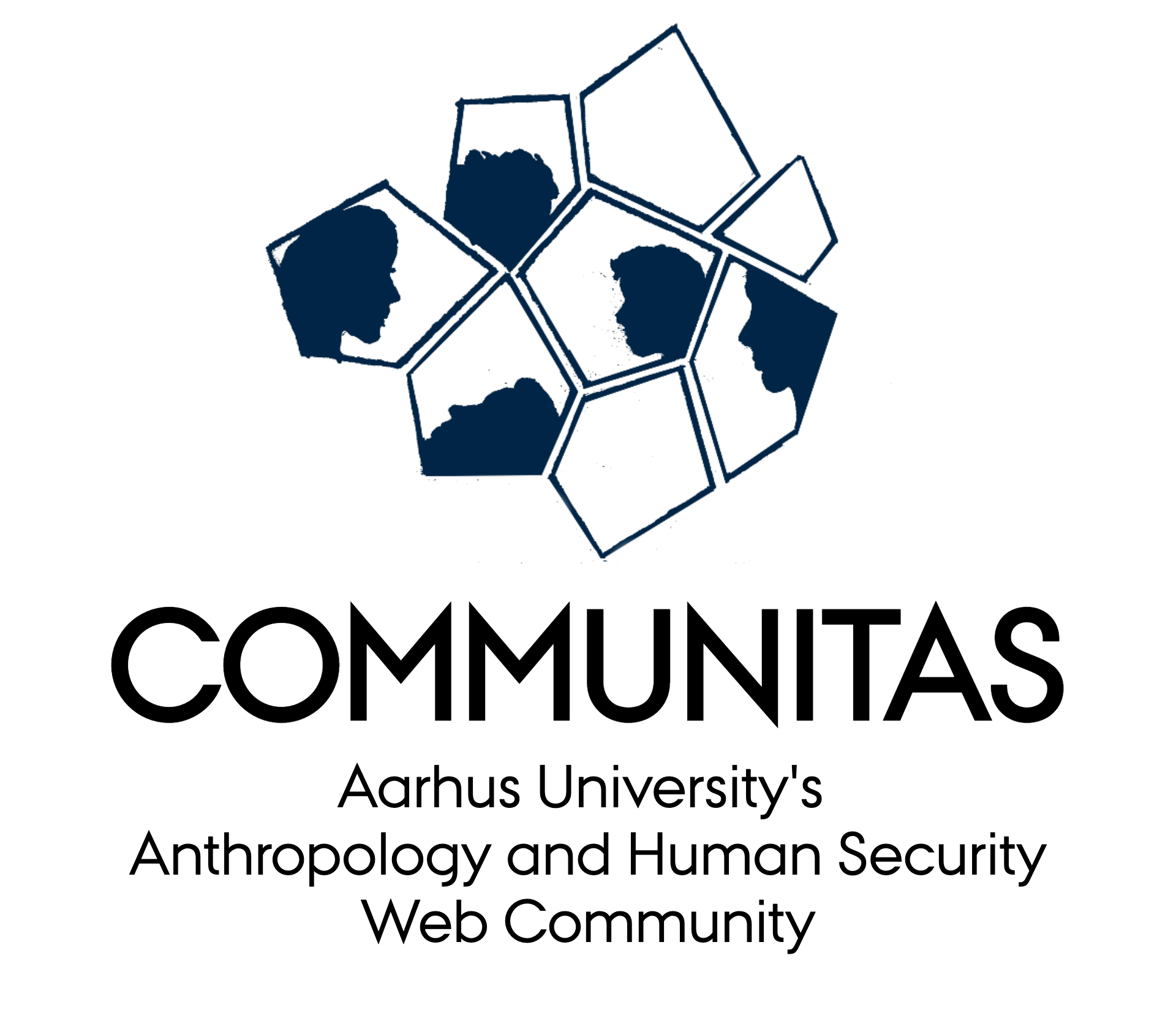By Charlotte Christiansen SALAD DRESSING AND AN ARTICHOKEPlease pale hot, please cover rose, please acre in the red stranger, please butter all the beef-steak with regular feel faces. SALATDRESSING OG …
COVID-19 and the Toilet Paper Hoarding: Dealing with Waste in a Time of Crisis
In the wake of Corona (COVID-19) pandemic, we have witnessed the extent to which our world is globalised, fragile and as Thomas Hylland Eriksen puts it, “overheated” (Eriksen, 2016). Things are moving faster than at any time in the existence of human kind.
Echoes from fieldwork
It was the strangest morning. The news of one death had been followed by the news of several others.
The most dangerous picture I have ever taken: Reflections on heritage and politics in Egypt
By Katrine Mandrup Bach “Labash! I don’t know the word in English – I don’t think there is one. But the situation is very labash” Rawya said. I looked at her …
Hacking Life: Electronic Waste Salvaging in an African Digital Age
By Samwel Moses Ntapanda What is, where is, and to whom does e-waste matter? Several discards studies have explored these questions at length. Most of the studies have been on …
Doing Fieldwork at Home: Studying Health in Rural Kenya
As a student, doing fieldwork at home is one of the most puzzling yet gratifying undertakings. From an outsider’s perspective, your identity and sense of belonging presents unadulterated access to local knowledge sources. For insiders, the notion of ethnographic research by one of their own; sons, brother, uncle and/or cousin, is mind-boggling. Claims of identity and belonging presumes that, what you are looking into is obvious; can you not see? Have you not heard? Do you really need to interact at different levels yet all this is common knowledge? Are you a stranger to the prevailing circumstances of the locals? These questions and many more emerge as one tries to gain access to the field at home.






